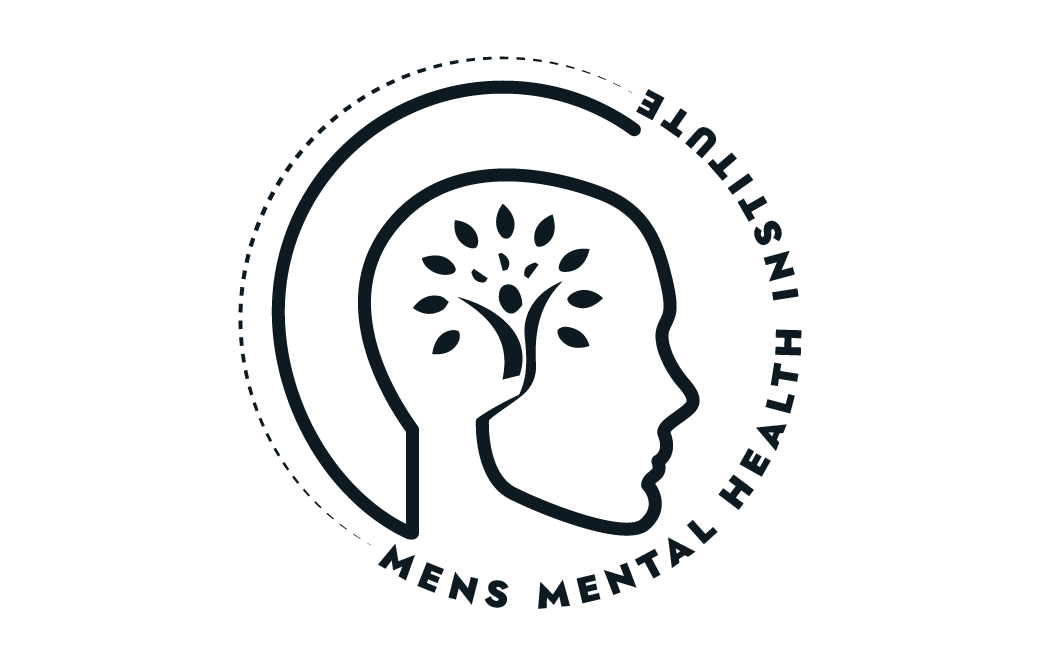Burnout, Pressure & Performance
The Harsh Reality of Being a Man Who Never Stops
You’re burned out. Every damn day feels like running on fumes, but you can’t just quit or slow down. Because if you do, what happens? Everything falls apart or so it feels. Your job, your reputation, your family, your identity, it’s all tied to how hard you grind. Men are wired to be providers and protectors. This isn’t just social conditioning; it’s deep in our biology. Our brains crave purpose, status, and control. When your worth gets pinned to your paycheck and performance, your dopamine system is stuck on overdrive. You push yourself hard because survival, both evolutionary and financial, depends on it. But here’s the problem: your brain didn’t evolve for endless “on” mode. The prefrontal cortex that helps you plan and execute can’t keep pace with the stress signals from your limbic system, the mammalian brain. Chronic stress wears down your neural circuits, making focus, emotional regulation, and decision-making harder. Social psychology shows men are less likely to seek help or admit vulnerability because of cultural “tough guy” myths. You carry the silent weight, always holding it together even when you’re breaking inside. Rest feels unsafe because slowing down feels like losing your edge. Your identity feels hostage to hustle culture. The mental health industry often pushes generic advice or meds that don’t touch this core, ignoring the evolutionary pressures and social dynamics that trap men in burnout.How to Break the Cycle: Science-Based Therapy for Burnout and Pressure
Cognitive Behavioral Therapy (CBT): Helps you spot and challenge the internal pressure cooker thoughts, like “I must always be productive,” and reframe them into balanced, realistic perspectives that reduce anxiety and self-criticism.
Dialectical Behavior Therapy (DBT): Teaches emotional regulation and distress tolerance skills to calm your limbic system when stress hijacks your brain. Mindfulness and paced breathing help cool down the mammalian brain’s fight or flight response.
Acceptance and Commitment Therapy (ACT): Guides you to accept uncomfortable feelings like exhaustion or guilt without judgment, while focusing on what truly matters to you, helping reduce the conflict between your need to perform and your need to rest.
Solution-Focused Brief Therapy: Focuses on practical, manageable steps, setting boundaries, scheduling downtime to take back control from burnout one day at a time.
Mindfulness-Based Stress Reduction (MBSR): Regular mindfulness practice retrains your brain to regulate stress better, thickening executive control areas and calming fear and anxiety centers.
Psychoeducation on Neuroscience: Learning how chronic stress impacts brain function helps you see burnout as a biological response, not personal weakness, empowering healthier choices.
What You Gain by Facing Burnout Head-On
You reclaim mental clarity and emotional balance, freeing your brain from constant overload. Your relationships improve because you’re less reactive, more present, and emotionally available. Work stops being a crushing burden and becomes sustainable and fulfilling. Your sense of self expands beyond your job or paycheck. You build resilience and confidence that can handle life’s challenges, not just survive them. Breaking free from burnout isn’t about quitting hard work; it’s about working smarter, living fuller, and finally giving yourself permission to rest without guilt. That’s where real strength lies.Why Your Brain Gets Stuck in the Loop
You know that feeling when your mind just won’t shut up. You replay conversations, worry about what you said or didn’t say, obsess over mistakes, or spiral into “what ifs.” That’s rumination. It’s like a broken record in your brain that drags you down, steals your energy, and keeps you stuck. From an evolutionary psychology perspective, this isn’t just some annoying habit. It’s your ancient brain’s attempt to keep you safe. When your mammalian brain detects threat or uncertainty, it forces your prefrontal cortex to focus on the problem, trying to find a solution. But the catch is that modern stressors aren’t always solvable, and your brain gets trapped in this loop. Neuroscience shows that rumination activates the default mode network (DMN), the brain’s “self-reflection” system, which, when overactive, fuels repetitive negative thinking. This keeps the amygdala, your threat center, on high alert, flooding your body with stress hormones. Over time, this hijacks your brain’s executive control functions, making it harder to focus, regulate emotion, or make decisions. Social psychology and male socialization play their part too. Men often get conditioned to “handle it alone” or “think things through,” but rumination can backfire by increasing anxiety and depression rather than solving problems. Unfortunately, the mental health system sometimes mistakes rumination-related distress for clinical disorders, leading to overdiagnosis and unnecessary medication without addressing underlying patterns.Science-Based Strategies to Break Free from Rumination
Cognitive Behavioral Therapy (CBT): The frontline therapy for rumination. CBT teaches you to spot the “traps,” repetitive negative thoughts, and challenge them with evidence and balanced thinking. It’s about retraining your brain to pause the cycle.
Mindfulness-Based Stress Reduction (MBSR): Mindfulness rewires the brain’s attention system. By learning to observe thoughts without judgment or attachment, you reduce the DMN’s overactivity and calm the amygdala’s threat response. This trains your brain to let thoughts pass like clouds instead of getting stuck.
Acceptance and Commitment Therapy (ACT): ACT teaches acceptance of unwanted thoughts instead of battling them, and commitment to actions aligned with your values. It shifts focus from trying to “fix” rumination to living a meaningful life despite it.
Behavioral Activation: Sometimes rumination thrives because you’re stuck in inactivity or avoidance. This strategy encourages purposeful action and engagement in rewarding activities, helping break the feedback loop that feeds rumination.
Neuroscience-Informed Psychoeducation: Understanding how rumination impacts your brain chemistry and function empowers you to stop blaming yourself. Knowing the biology of your struggle fosters self-compassion and motivation to try new strategies.
What You Can Gain After Overcoming Rumination
When you learn to control rumination instead of it controlling you, your mental energy returns. You think clearer, make better decisions, and feel less overwhelmed. Relationships improve because you’re more present and less trapped in negative cycles. Your emotional resilience grows,you can face stress without spiraling. Overall, life becomes less exhausting mentally and emotionally. You reclaim control over your mind instead of feeling like a prisoner to endless, exhausting thoughts.Why Your Brain and Culture Trap You in “Work = Worth” Mode
For many men, especially in today’s hyper-competitive world, work isn’t just a job; it becomes the core of your identity. You’re the provider, the fixer, the guy who “has it all together.” But when your self-worth is tied exclusively to productivity, paycheck, and performance, it’s a recipe for exhaustion, burnout, and emotional numbness. From an evolutionary psychology view, men are wired to be providers and protectors. This hardwiring fuels motivation to achieve and dominate, but it can also trap you in a narrow role. Your mammalian brain’s limbic system rewards achievement with dopamine hits, reinforcing the cycle of “more work, more success.” Yet, this same system is also highly sensitive to threat, like the fear of losing status or falling behind. Neuroscience explains what happens when you push too hard: your stress response system (HPA axis) stays activated. Cortisol floods your brain and body, impairing executive function, decision-making, and emotional regulation. Your prefrontal cortex, the “rational” part of your brain, wears down. Rest feels unsafe because slowing down triggers fear circuits telling you that failure or irrelevance is just around the corner. Social psychology reveals the cultural weight behind this. Society often praises men for toughness and relentless hustle while stigmatizing vulnerability and rest. This creates a trap where you carry the unspoken burden of being “the one who holds it all together,” often in silence. Unfortunately, the mental health industry sometimes misses the mark here, over-relying on labels like “workaholic” or “anxiety disorder” without addressing the deeper identity and cultural dynamics. Overmedication or generic advice to “just relax” won’t break this cycle.Strategies to Reclaim Your Identity Beyond Work
Cognitive Behavioral Therapy (CBT): Helps identify and challenge beliefs tying your worth solely to work. It encourages reframing thoughts like “I must always perform” into balanced, flexible perspectives.
Acceptance and Commitment Therapy (ACT): Teaches acceptance of discomfort around slowing down and shifting focus toward living a values-driven life, not just a productivity-driven one.
Mindfulness and Somatic Practices: These calm the nervous system, downregulate chronic stress, and help you tune into your body’s real needs, not just your mind’s urgency.
Narrative Therapy: Rebuild your personal story to include roles beyond “worker” as a father, friend, creative, or learner. This broadens your identity and reduces pressure.
Behavioral Activation and Scheduling Rest: Science shows rest isn’t laziness; it’s essential for neuroplasticity and cognitive performance. Structured rest and recovery phases help your brain reset and perform better.
What You Can Gain When You Break Free from “Work-Only” Identity
When you reclaim your identity beyond work, you gain freedom:
Your mental and emotional energy revitalizes, reducing exhaustion and burnout.
You develop resilience to stress and feel less trapped by fear of failure.
Relationships improve as you show up more present and emotionally available.
You discover or reconnect with passions, values, and parts of yourself you may have neglected.
Your overall life satisfaction grows because your worth becomes based on who you are, not just what you do.
Work remains important, but it no longer defines your entire existence. That shift unlocks deeper happiness, balance, and a sustainable way to succeed.
Why Rest Feels Like Risk: The Male Brain, Evolution, and Modern Pressure
If you’re a man who feels like resting is unsafe, like slowing down means you’re losing ground, know this is more than just a mental block. It’s your brain responding to deep evolutionary, neurological, and social programming. From an evolutionary psychology standpoint, our ancient ancestors lived in environments where constant vigilance and action were essential for survival. Resting too long could mean missing a threat, losing status in the tribe, or losing resources. That threat-detection system, rooted in the amygdala and limbic brain, still drives much of how you feel today, even if your “threats” are emails, bills, or social expectations rather than predators. Neuroscience backs this up. When you’re always on, your hypothalamic-pituitary-adrenal (HPA) axis is constantly activated, releasing stress hormones like cortisol. This high-alert state impairs your brain’s ability to relax and enjoy downtime. Rest can feel unsafe because your brain’s threat center interprets it as vulnerability or risk. Social psychology adds another layer. Male social norms often equate worth with productivity, strength, and self-reliance. Taking breaks can be seen by yourself and others as weakness or falling behind, reinforcing the idea that rest is not an option. This creates a dangerous feedback loop. You push harder to avoid the feeling of falling behind, which keeps your stress system activated, making rest even harder to tolerate. The mental health field sometimes mislabels this as anxiety or burnout disorder but often overlooks the deeper biological and social dynamics. Overmedication or superficial advice won’t address the root cause.How Science-Based Therapy Can Help You Feel Safe Enough to Rest
Mindfulness and Body Awareness: Practices that reconnect you with your physical sensations and the present moment help deactivate your overactive threat system. Learning to tolerate discomfort without reacting strengthens your nervous system’s ability to relax.
Cognitive Behavioral Therapy (CBT): CBT helps you identify and reframe beliefs like “if I slow down, I’ll fall behind” into more balanced, evidence-based thoughts. It works on breaking the mental habit loops that keep you stuck.
Acceptance and Commitment Therapy (ACT): Instead of fighting the fear around rest, ACT encourages acceptance of uncomfortable feelings and commitment to values beyond constant productivity. This shifts your focus from avoiding “falling behind” to living a meaningful life.
Polyvagal-Informed Therapy: This approach focuses on regulating the autonomic nervous system, teaching techniques to shift out of fight or flight mode into safe states that allow rest and social connection.
Behavioral Experiments: Gradually scheduling rest periods and testing out what really happens helps your brain learn that resting doesn’t lead to failure or loss of status.
What You Can Gain When Rest Feels Safe Again
When you retrain your brain to accept rest as safe and necessary, you unlock powerful benefits:
Your stress hormones decrease, improving mood, focus, and energy.
You rebuild cognitive and emotional resilience, so challenges feel more manageable.
Your relationships improve because you’re more present and less irritable or distant.
You regain a balanced identity that includes work, rest, play, and connection.
You boost your long-term productivity and creativity because your brain has space to recover and innovate.
Rest is not weakness; it’s the foundation of sustainable strength and success.
The Invisible Load: What Happens When You’re the Family’s Rock
If you feel like you’re the one who always has to “hold it all together,” you’re not alone and this isn’t just a feeling, it’s a heavy psychological and physiological burden. Evolutionary psychology shows us that men have long been assigned the role of protector and provider. This role wired our brains to be hyper-aware of threats, not just physical danger but threats to family stability, social standing, and resources. The mammalian brain’s limbic system triggers stress responses when any of these are at risk. The cost is chronic stress and hypervigilance. Neuroscience confirms that carrying this “weight” keeps your stress systems (HPA axis and sympathetic nervous system) constantly activated. Your body remains in fight or flight mode even when there’s no immediate danger. This sustained activation wears down your prefrontal cortex, the part of your brain responsible for rational thought, emotional regulation, and problem solving, making it harder to cope and more likely to feel overwhelmed or snap under pressure. Social psychology adds that many men experience this burden silently. Societal expectations discourage vulnerability or asking for help. You’re expected to be stoic, resilient, the “rock.” Expressing doubt or exhaustion risks being seen as weak or unreliable, so you bottle it up, increasing isolation and strain. Unfortunately, the mental health system often misses this dynamic, misdiagnosing symptoms as depression or anxiety without addressing the root cause, the crushing weight of unrelenting responsibility. Overprescription of medications and one-size-fits-all therapy models don’t always provide relief.Therapeutic Strategies to Lighten the Load and Rebuild Resilience
Solution-Focused Therapy: Helps you identify practical ways to redistribute responsibility and find support, rather than carrying everything alone.
Cognitive Behavioral Therapy (CBT): Challenges unhelpful beliefs like “I must be strong all the time” and encourages more balanced thinking that allows self-compassion and limits.
Somatic Experiencing: Addresses the physical symptoms of chronic stress stored in the body, helping your nervous system release tension and return to safety.
Emotionally Focused Therapy (EFT): Guides you in expressing vulnerability in safe ways, improving connection and support within your relationships.
Mindfulness-Based Stress Reduction (MBSR): Builds awareness of your stress triggers and creates space to choose healthier responses.
What You Can Gain When You Put Down the Weight
When you allow yourself to share the load and process these pressures, your life can transform:You’ll experience relief from chronic stress and improve your mental health.
Your emotional regulation and decision-making will strengthen as your brain functions more optimally.
Relationships deepen as you become more open and authentic.
You reclaim energy and motivation that were drained by carrying it all alone.
You develop a sustainable way to lead and support your family without burning out.
You don’t have to be unbreakable to be strong. Real strength comes from knowing when to ask for help and share the burden.Burnout, Pressure, and Performance in Men’s Lives

Bearing It All Alone
The Invisible Load: What Happens When You’re the Family’s Rock If you feel like you’re the one who always has to “hold it all together,” you’re not alone, and this isn’t just a feeling, it’s a heavy psychological and physiological burden. Evolutionary psychology shows us that men have long been

Rest Feels Risky
Why Rest Feels Like Risk: The Male Brain, Evolution, and Modern Pressure If you’re a man who feels like resting is unsafe, like slowing down means you’re losing ground, know this is more than just a mental block. It’s your brain responding to deep evolutionary, neurological, and social programming. From

Exhausted by Identity
Why Your Brain and Culture Trap You in “Work = Worth” Mode For many men, especially in today’s hyper-competitive world, work isn’t just a job, it becomes the core of your identity. You’re the provider, the fixer, the guy who “has it all together.” But when your self-worth is tied

No Off Switch
Why Your Brain Gets Stuck in the Loop You know that feeling, when your mind just won’t shut up. You replay conversations, worry about what you said or didn’t say, obsess over mistakes, or spiral into “what ifs.” That’s rumination. It’s like a broken record in your brain that drags

Trapped in Work
The Harsh Reality of Being a Man Who Never Stops You’re burned out. Every damn day feels like running on fumes, but you can’t just quit or slow down. Because if you do, what happens? Everything falls apart, or so it feels. Your job, your reputation, your family, your identity,

